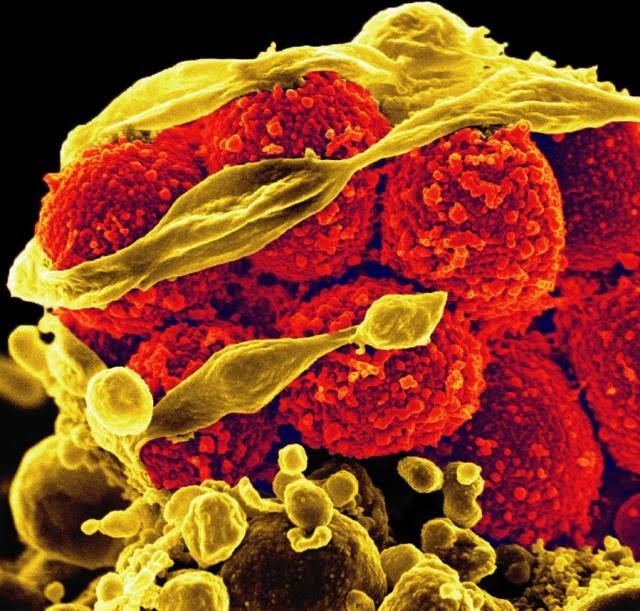At its annual assembly in Geneva last week, the World Health Organization approved a radical and far-reaching plan to slow the rapid, extensive spread of antibiotic resistance around the world. The plan hopes to curb the rise caused by an unchecked use of antibiotics and lack of new antibiotics on the market.
Now Tel Aviv University research published in PNAS introduces a promising new tool: a two-pronged system to combat this dangerous situation. The system wipes out antibiotic resistance in selected bacteria, and renders other bacteria more sensitive to antibiotics. The research, led by Prof. Udi Qimron is based on bacterial viruses called “phages”, which transfer “edited” DNA into resistant bacteria to kill off resistant strains and make others more sensitive to antibiotics.
According to the researchers, the system, if ultimately applied to pathogens on hospital surfaces or medical personnel’s hands, could turn the tide on untreatable, often lethal bacterial infections.
“Since there are only a few pathogens in hospitals that cause most of the antibiotic-resistance infections, we wish to specifically design appropriate sensitization treatments for each one of them,” Prof. Qimron says. “We will have to choose suitable combinations of DNA-delivering phages that would deliver the DNA into pathogens, and the suitable combination of ‘killing’ phages that could select the re-sensitized pathogens.”
Reprogramming the system
“Antibiotic-resistant pathogens constitute an increasing threat because antibiotics are designed to select resistant pathogens over sensitive ones,” Prof. Qimron says. “The injected DNA does two things: It eliminates the genes that cause resistance to antibiotics, and it confers protection against lethal phages.
“We managed to devise a way to restore antibiotic sensitivity to drug-resistant bacteria, and also prevent the transfer of genes that create that resistance among bacteria,” he continues.
Sign up for our free weekly newsletter
SubscribeEarlier research by Prof. Qimron revealed that bacteria could be sensitized to certain antibiotics — and that specific chemical agents could “choose” those bacteria more susceptible to antibiotics. His strategy harnesses the CRISPR-Cas system — a bacterial DNA-reprogramming system Prof. Qimron pioneered — as a tool to expand on established principles.
SEE ALSO: Israeli Researchers Discover Protein That Could Replace Conventional Antibiotics And Kill Bacteria
According to the researchers, “selective pressure” exerted by antibiotics renders most bacteria resistant to them — hence the epidemic of lethal resistant infections in hospitals. No counter-selection pressure for sensitization of antibiotics is currently available. Prof. Qimron’s strategy actually combats this pressure — selecting for the population of pathogens exhibiting antibiotic sensitivity.
“We believe that this strategy, in addition to disinfection, could significantly render infections once again treatable by antibiotics,” said Prof. Qimron.
Prof. Qimron and his team are now poised to apply the CRISPR/phage system onpseudomonas aeruginosa — one of the world’s most prevalent antibiotic-resistant pathogens involved in hospital-acquired infections — and to test whether bacterial sensitization works in a more complex microbial environment: the mouse cage.
Prof. Qimron is a member of the Department of Clinical Microbiology and Immunology at TAU’s Sackler Faculty of Medicine.
Photos: adil alkatheri/ NIAID
Related posts

Israeli Medical Technologies That Could Change The World

Harnessing Our Own Bodies For Side Effect-Free Weight Loss

Missing Protein Could Unlock Treatment For Aggressive Lung Cancer





Facebook comments